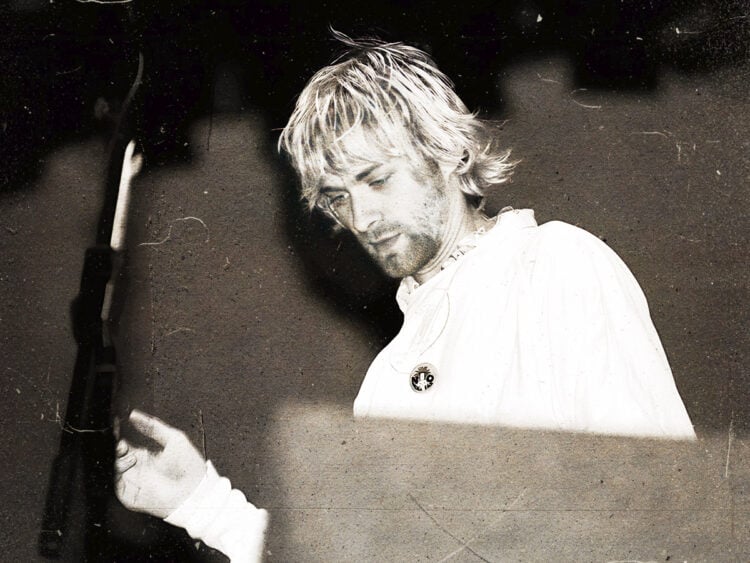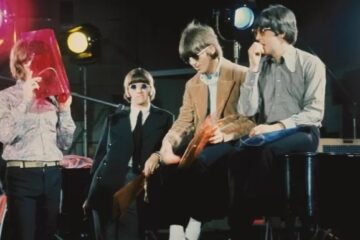MUSIC
Why Kurt Cobain hated one aspect of ‘In Utero’
The success of any rock band can be both a blessing and a curse. Although it might be nice to have one’s name up in lights and have people sing your song, a lot more baggage comes with being in a rock band than most normal people would want to deal with. While Kurt Cobain may have had reservations about how Nirvana exploded onto the music scene, he was determined to correct them with a vengeance on In Utero.
Then again, it’s easy to see why Nevermind blew up the way it did. From the first ringing notes of ‘Smells Like Teen Spirit’, the grunge movement had officially started, with all semblance of hair metal being jettisoned off the face of the Earth. As most teenagers started to adopt flannel, though, Cobain was mortified about being looked at as a pop star.
Despite his knack for writing pop melodies, Cobain would later complain that the mix of the original record ended up sounding way too slick for his taste. Thinking it was closer to a hair metal record, Cobain was determined to make the next album sound as dry as possible, electing to have Steve Albini oversee the production.
Having turned in time working with artists as varied as PJ Harvey and Pixies, Cobain latched onto Albini’s production, often leaving a lot of the raw edges of the song in the final mix. Compared to the radio-friendly sounds of Nevermind, the tracks off In Utero hit the listener like a punch in the gut, with Dave Grohl’s drums, in particular, sounding monstrous.
While Cobain loved the sound of hearing his band with as little adornment as possible, he still had various issues when working with the final mix of the record. Rather than releasing the tapes as they recorded them with Albini, mixer Scott Litt was brought in to tidy up the arrangements, including raising the vocals on singles like ‘All Apologies’ and ‘Heart-Shaped Box’.
When asked about the vocal sound, Cobain said that he thought that Albini’s production ended up accidentally burying his vocals in the mix, telling Guitar World, “My main complaint was that the vocals weren’t loud enough. In every Albini mix I’ve ever heard, the vocals are always too quiet. That’s just the way he likes things, and he’s a real difficult person to persuade otherwise. I mean, he was trying to mix each tune within an hour, which is just not how the songs work. It was fine for a few songs, but not all of them. You should be able to do a few different mixes and pick the best”.
Even though Cobain’s voice was boosted in the mix, the audience got to hear some of the most harrowing vocals ever featured on a mainstream rock record. Compared to the screams present on songs like ‘Lithium’ or ‘Breed’ from the previous record, it’s easy to hear Cobain straining his voice on ‘Scentless Apprentice’ as if he’s intentionally trying to lose his voice throughout the recording process.
While the album would be another massive success, it would be a bitter reflection of Cobain’s final days, passing away only a few months after its release. Even though the record may have been tidied up in the final mix, Cobain’s raw pain is still front and centre during every song.




